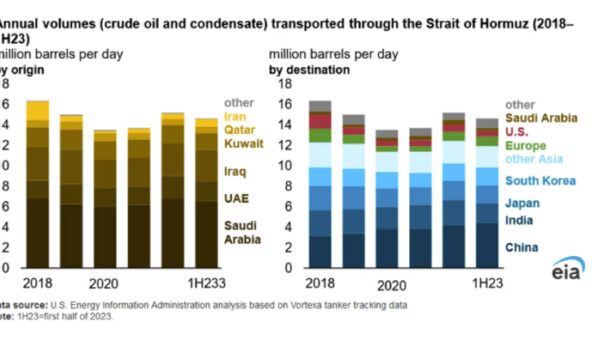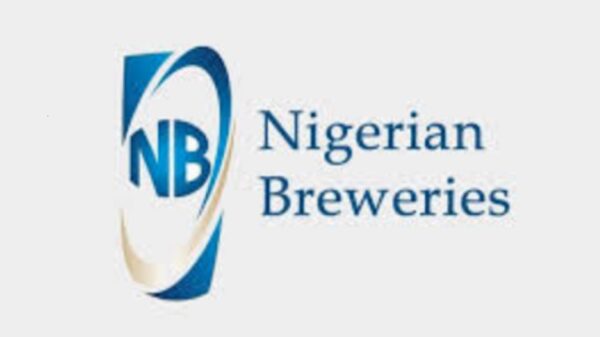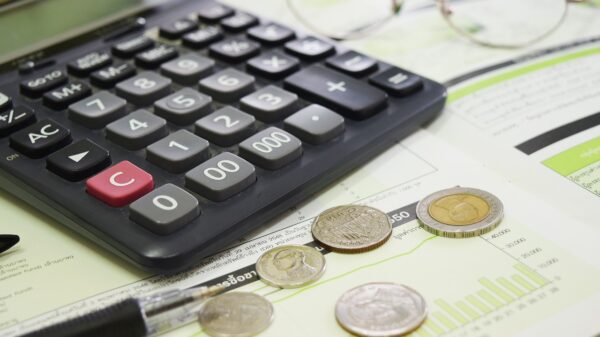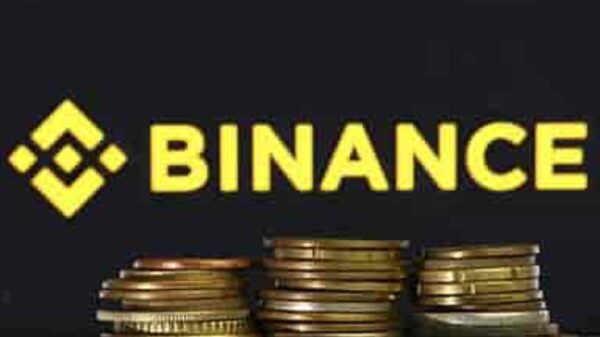The President of Petroleum Products Retail Outlets Owners Association of Nigeria (PETROAN), Dr Billy Gillis-Harry, has called on the Federal Government to collaborate with the association in fixing the four non-functional refineries in the country.
The National President, in his message to the government in December 2020 also called for a resuscitation of the dysfunctional refineries in the country using public-private partnership. In his words; “the 1.2bn (US’$) needed to repair the refineries would not constitute a huge problem for the retailers should the government provide adequate support to them”.
a look at the current macroeconomic narrative of the country suggests the timing may be inopportune given the existing financial hardships faced by many Nigerians.
Since, the refineries at Kaduna, Warri, and Port Harcourt with a capacity of 445,000 bpd have continued to operate below capacity due to many years of underinvestment and poor maintenance, Nigeria has had to import c.90% of the refined petroleum products consumed in Nigeria.This remains the case despite the continued talk of revamping this facilities.
According to available data from the Nigerian National Petroleum Corporation (NNPC), combined capacity utilization of the refineries from January-September 2020 fell to 0.00% due to ongoing revamping of the refineries, an all-time low annual activity level since 1998 when NNPC started providing the data.
On another hand, efforts by the government are ongoing to assist the private sector to develop modular refineries and a few private refineries are expected to come on stream soon.
So far, in 2021, crude oil prices have continued to surge largely on the back of production cuts from the Organisation of Petroleum Exporting Countries (OPEC) and its allies. Although, the recent revision in global oil demand by the IEA casts some shadow on the sustainability of this trend, the current position implies increasing landing cost of Premium Motor Spirit (PMS).
Currently, the landing cost of PMS is estimated at N180/Litre compared to the current market price at N162-N170, implying subsidy is back albeit temporarily. However, following the launch of the Nigerian Upstream Cost Optimisation Program on 9 February, the Minister of State for Petroleum Resources, Timipre Sylvia hinted at the inevitable increase in price of petrol as no budgetary provisions for subsidy was made in the 2021 budget.
We continue to reiterate that the removal of the subsidy on Petrol is a critical free-market reform in our view, and we believe it is beneficial to the finances of the government and the overall economy.
However, a look at the current macroeconomic narrative of the country suggests the timing may be inopportune given the existing financial hardships faced by many Nigerians. The price of petrol being a major input cost to pricing of goods and services translates to possible increase in prices of products. This does not bode well for the consumer wallet, as both Household Income and Purchasing Power are currently extremely strained.


















































You must be logged in to post a comment Login